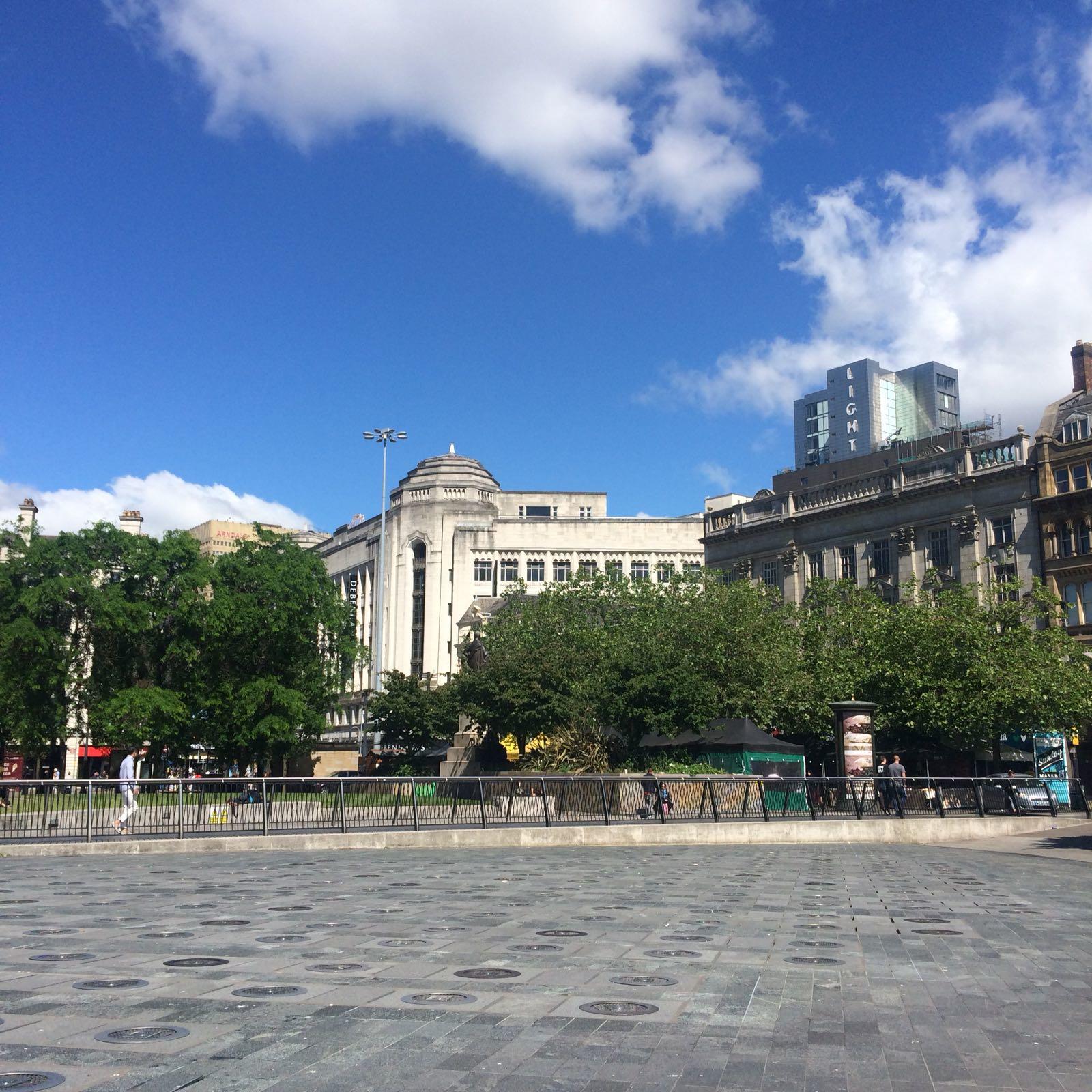Bringing language to life
12/09/2018Here at Communicate, we take English language learning beyond a classroom’s four walls. Taking lessons outdoors is a great way for students to experience everyday language, use language in an authentic context and recognise just how much English they know. Below are just some examples of how we bring language to life.
Food, glorious food

Manchester has hundreds of different types of restaurants, so knowing what they offer and how to order is a must. What better way to practise the skills and vocabulary you need to do this than by heading into the city’s restaurant-filled streets and reading the menus.
What ingredients do they use? Is it healthy? How can you order special dishes and sides? Students leave with lots of new language, a long list of restaurants they’d like to visit and no doubt a very rumbly stomach.
Finding your way in Manchester
Knowing how to tell someone if the pencil is on/under/in the book might be useful but knowing how to tell your friend where to meet you for a coffee is even better!
Going into the city to locate places is a great way of checking you can use and understand where things are in everyday life – are you meeting your friend in the café next to the bookshop, or opposite? Are you sitting in Piccadilly Gardens under the statue, near the fountains or by the benches?
 Once upon a time at Communicate…
Once upon a time at Communicate…
Writing a story is the ideal opportunity to immerse yourself in the hustle and bustle of Manchester’s everyday life. Our students practise their tenses and create fascinating texts by watching what is happening around the city centre. Inspired by the sights and sounds of the city, even uncreative minds come up with marvellous Manchester tales!
Glossary
authentic (adj.) – genuine, real
side (n.) – a small, extra portion of food you eat with a main course e.g. chips, vegetables
rumbly (adj.) – how your stomach feels/sounds when you are hungry
hustle and bustle (idiom) – the energy and excitement in a place
tale (n.) – a story
